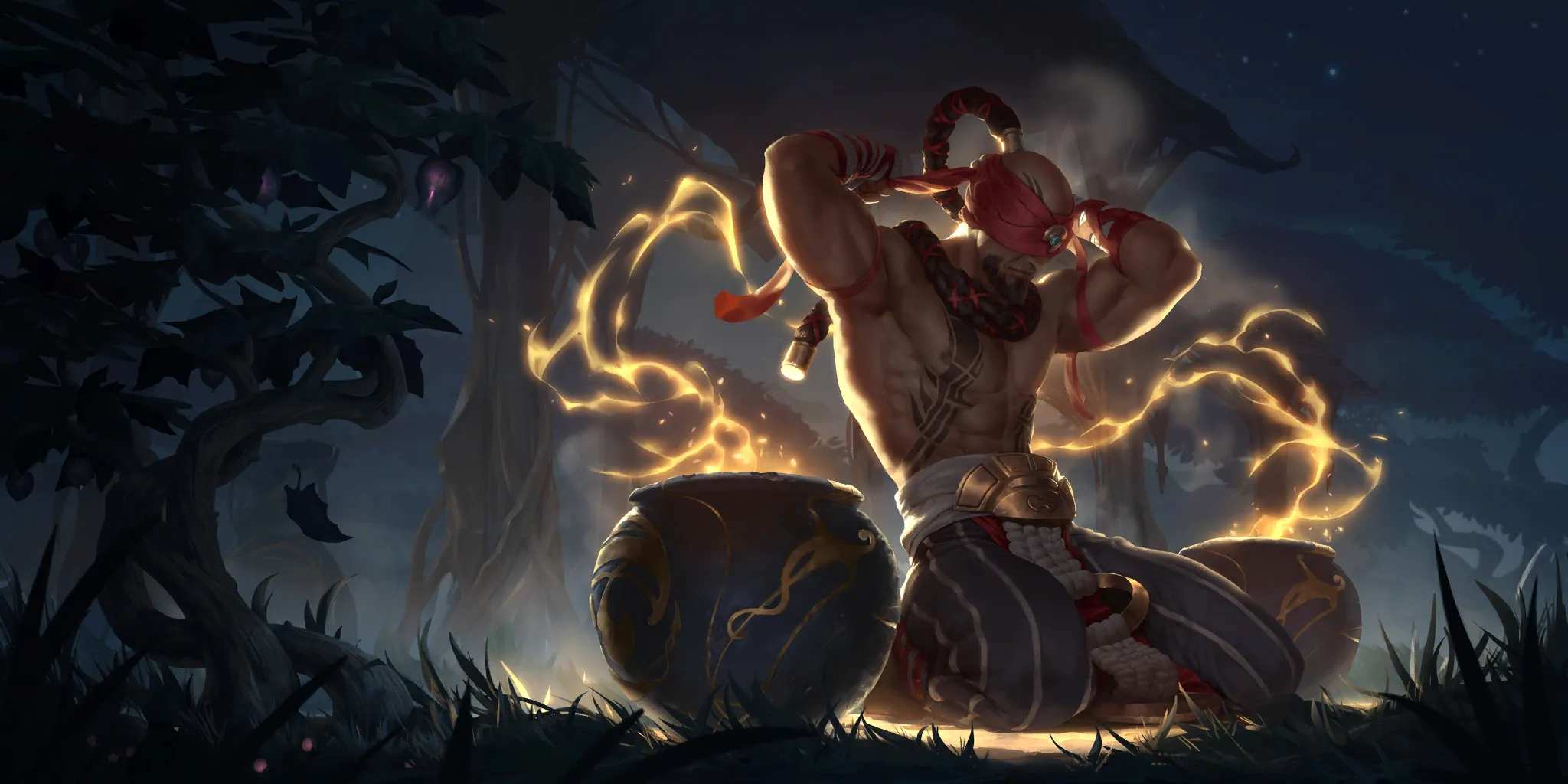Editor's Note: This is a repost from an article Jasensational wrote on 2021 – although the examples are from past decks, the concepts are relevant today. We are reposting the series to let viewers that haven't seen it before be able to read it and because we've updated how we post so the old posts no longer display properly. Hope you enjoy it!
Hey everyone, Jasensational here. This article is part of a six-part series geared towards newer players to teach them about the fundamentals of Legends of Runeterra (and card games in general). Each article is aimed to build on each other and teach you how to think deeper behind your plays and how you pilot the game.
If you missed the third article on How to Beat Your Opponent, I highly advise you to check that out first. With the last article, we concluded our little section on Win Conditions and are now going to cover the most difficult fundamental to master: Passing correctly.
What does Passing mean in LoR?
Passing at its core is the ability to skip an action. In a given round, each player gets an opportunity to play an action, such as casting a spell or playing a unit. This swaps back and forth between the players until both players pass, and the round ends. For most beginners, Passing occurs after they have spent their mana for the round or do not have any playable cards in their hand.
But this mechanic becomes much more complicated at higher levels of play. Have you ever watched your favorite streamer or Youtuber play, and start their round with a pass? Even when they have six cards and nine mana to spend, the first action they make is to pass the action back to the opponent? Why do they do that? And what does Passing like that achieve?
Let’s break it down even further. Depending on a couple of factors like how ahead or behind we are on Tempo, we can force our opponent into a position where they have to do something first. If our opponent dies from an open-attack the next turn, they can’t pass back and have to play a unit or removal first. Or if our opponent’s attack can get completely nullified by some Fast-speed spells, then they’re forced to develop before they attack. Once our opponent spends their mana first, we have more information on what our next best play is. In Legends of Runeterra, reactivity is key, and the person who plays second is usually in an advantageous spot. Passing allows us to capitalize on this mechanic.
Who Gets to Pass?
If this is your first time considering if you should start Passing at every opportunity you can, I’m going to step in and say that that’s not what you should expect or start doing. Not everyone gets to pass the initiative to their opponent every time. Passing at the wrong moments can often lead to a huge disadvantage. By Passing, we give our opponent an extra action, such as allowing them to play two units in the time it takes us to play one. Or if our opponent takes the pass and ends the round, we may burn mana that we needed to spend. So the critical question becomes: Who gets to pass?
Let's see an example with Feel the Rush:

12 cards

28 cards






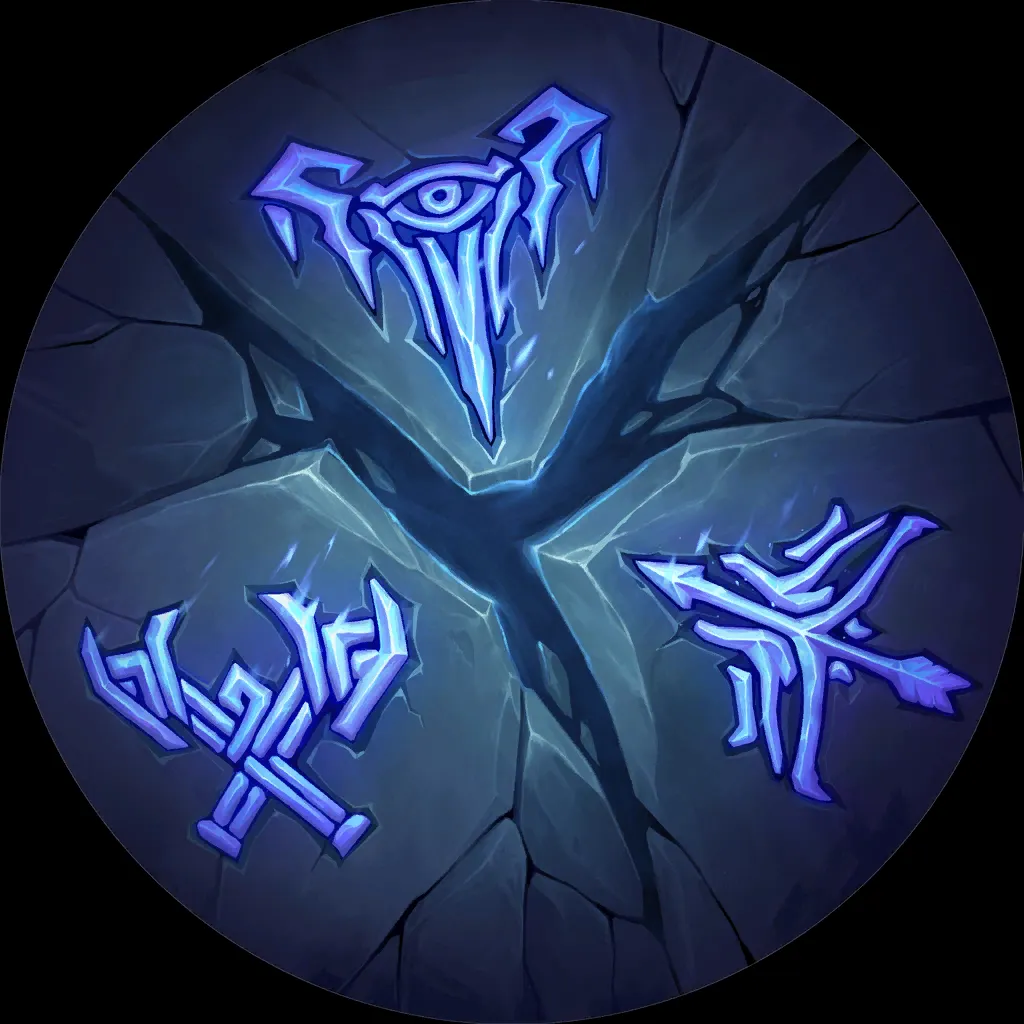


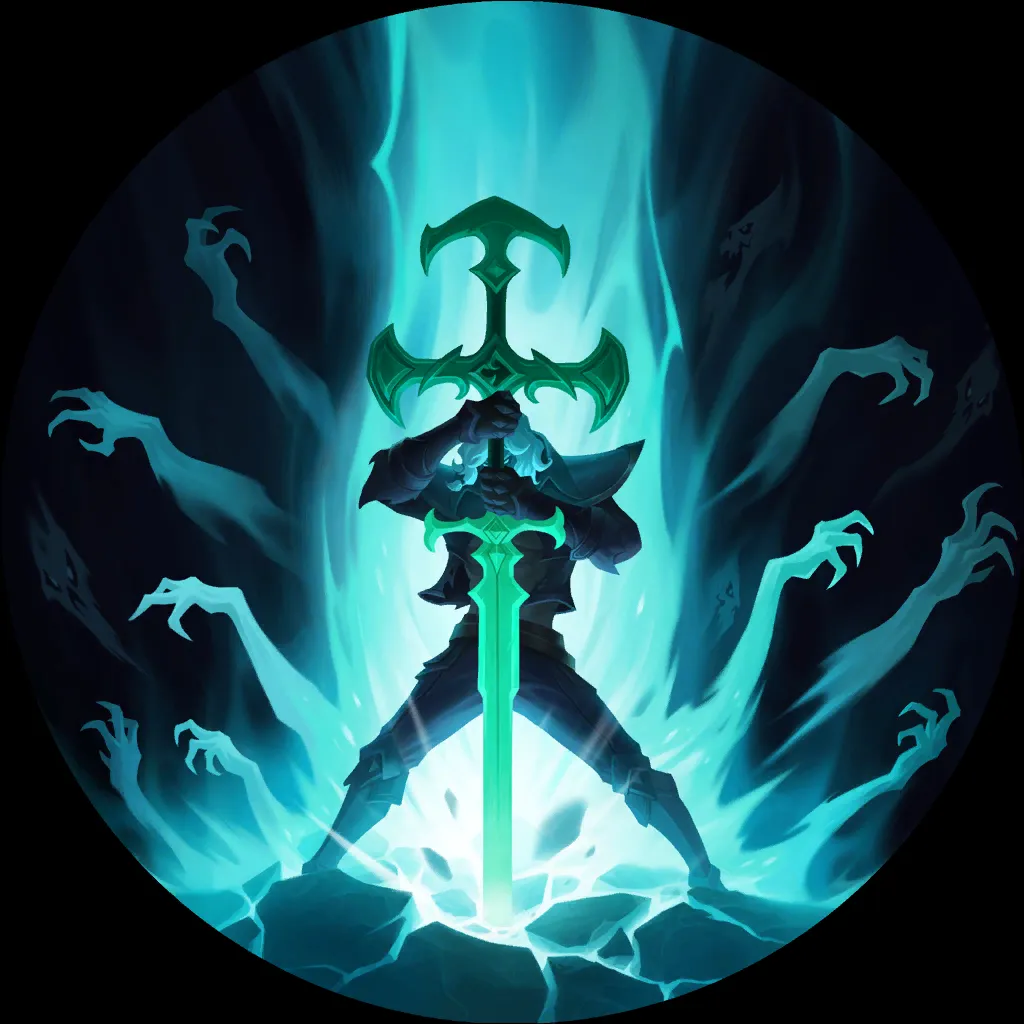







Generally speaking, Passing is a reactive mechanic. So decks composed of mostly reactive tools, such as removal cards, can often start with passes to see what the opponent does and which removal option lines up the best. The SI/Frej decks such as Feel The Rush are great decks to get to understand the timing of good passes. The deck is built with many tools that allow you to punish your opponent from developing too much or too little. For example, if our opponent attacks without developing, we can wipe out weak boards with cards like Withering Wail
are great decks to get to understand the timing of good passes. The deck is built with many tools that allow you to punish your opponent from developing too much or too little. For example, if our opponent attacks without developing, we can wipe out weak boards with cards like Withering Wail , Vile Feast
, Vile Feast or Grasp of the Undying
or Grasp of the Undying . On the other hand, if our opponent overdeveloped, then there are cards such as Icevale Archer
. On the other hand, if our opponent overdeveloped, then there are cards such as Icevale Archer Avalanche
Avalanche Blighted Ravine
Blighted Ravine and The Ruination
and The Ruination to completely stop an attack in its tracks.
to completely stop an attack in its tracks.



This is what we call a “fork”. With development punishers and open-attack punishers, we have the extra luxury of forcing our opponent to do their best to build a board that is resistant to a combination of answers, waste their attack tokens with poor attacks, or burn their mana in attempts to not play into our removal too hard. A deck like Feel The Rush has the bonus that, if both players keep Passing round after round, eventually Feel The Rush
has the bonus that, if both players keep Passing round after round, eventually Feel The Rush will close games by itself on rounds nine or ten.
will close games by itself on rounds nine or ten.
But that’s not to say that only control-style, reactive-spell-heavy decks can use Passing to their maximum utility. For any deck that capitalizes onboard pressure through Tempo, Passing can still be powerful. In most cases, simply having a wider board or Tempo lead can put your opponent into an awkward spot, especially when they rely on units to keep up with Tempo. Or if our board is strong enough to threaten big attacks, we want our opponent to play their board clears first, then redevelop, allowing us to pass as our first action.
When to Pass
I've covered some of the basic concepts of Passing, but putting it to the test can be a different story. When you are considering whether or not you should pass, consider this question: “If my opponent passes back here, do I mind?”
If the answer is that yes, you do mind, then we do not have the flexibility to pass because we would end up burning our mana. If the answer is no, then we can continue passing until our answer changes based on what our opponent has played, or the round ends.
Again, at the end of the day, this question derives from our knowledge of our opponent’s deck. It’s a balance of how much pressure we need to apply versus what kind of removal options does our opponent’s deck play. Oftentimes we may get punished if our opponent is running a Challenger unit or a removal card that we may not expect. Or we may trick ourselves into thinking it’s fine to pass when the pass benefits the opponent more. This is where, again, having a good familiarity with the ins and outs of the matchup we’re playing can become an advantage.
Soft-Passing
Now let’s get into the weeds of Passing. You may have heard this term “Soft Pass(ing)” before, but maybe you weren’t sure what it means or how it functions differently from Passing. Here’s the breakdown.
Sometimes, Passing is an advanced game of Chicken. No one wants to be the first person to commit a spell only to have it answered by an opposing spell. Passing can force an issue where one player can’t pass back and is forced to act first, but what if both players are in a comfortable spot? Enter Soft Passes. This is the ultimate staring contest showdown that no one wants to lose or show any signs of weakness, so they opt into coy plays to continually pass over the initiative. So how does it work?
The idea of Passing generally results in an “I’m done with my round, now you go” mentality. Passing can be a great tool in gaining a mana advantage. If I spend six mana whereas you only spent two mana and we burn the rest, then I’ve spent four more mana and maybe progressed my win condition a little more than you did.
Soft Passing: The action of playing a non-committal, usually low-cost card at the start of a round or in response to an opponent’s action, to not end the round should the opponent pass back. This can be a cheap unit or spell.

For a round to end, both players have to click the End Round button without doing an action. Now, should I play a Treasure Seeker – costing me a single mana – and pass, and then my opponent clicks End Round, I then get the option to have another action (or click End Round to go onto the next round if I prefer). Let’s see this concept in practice.
– costing me a single mana – and pass, and then my opponent clicks End Round, I then get the option to have another action (or click End Round to go onto the next round if I prefer). Let’s see this concept in practice.

22 cards

18 cards

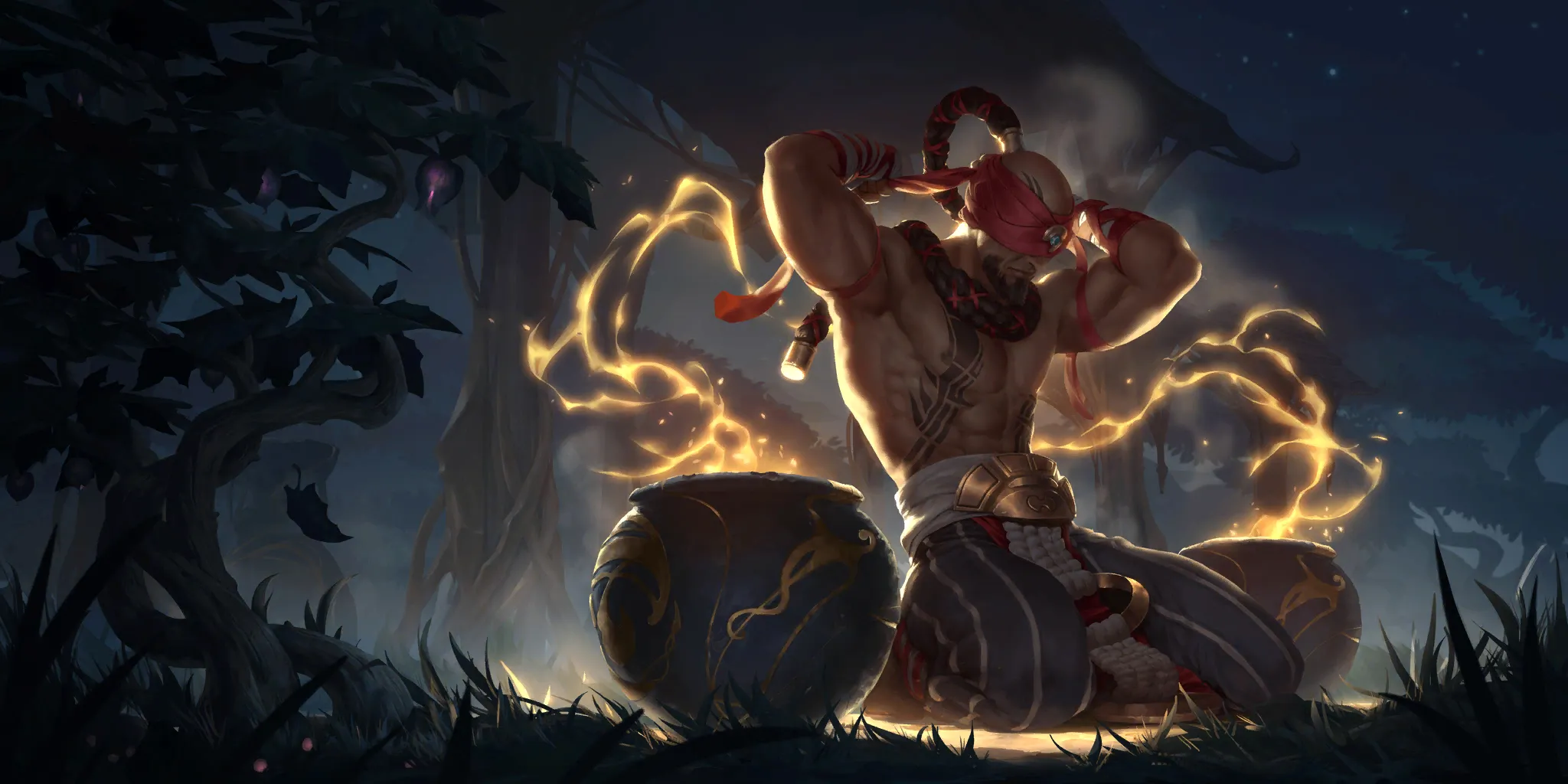

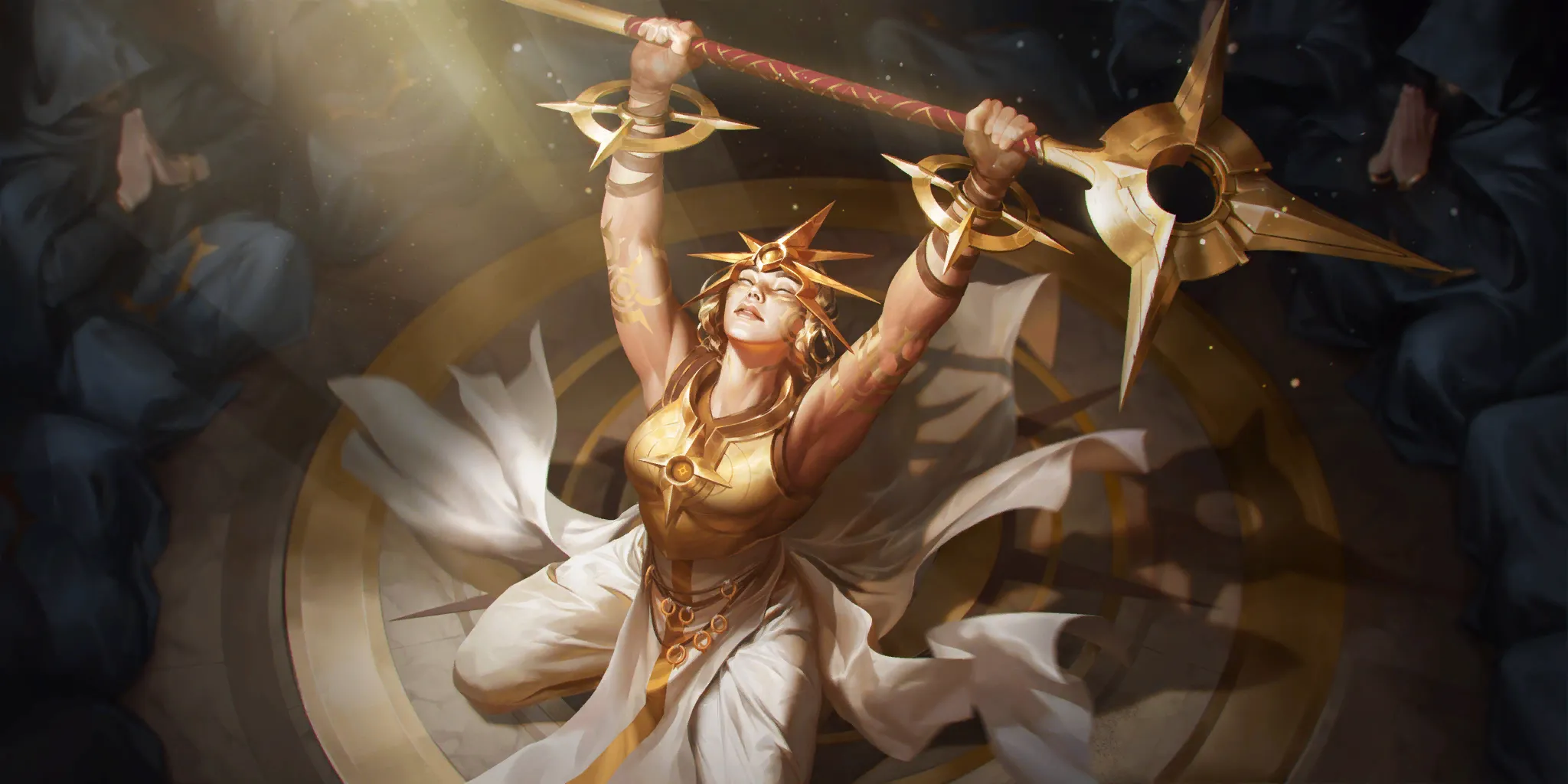
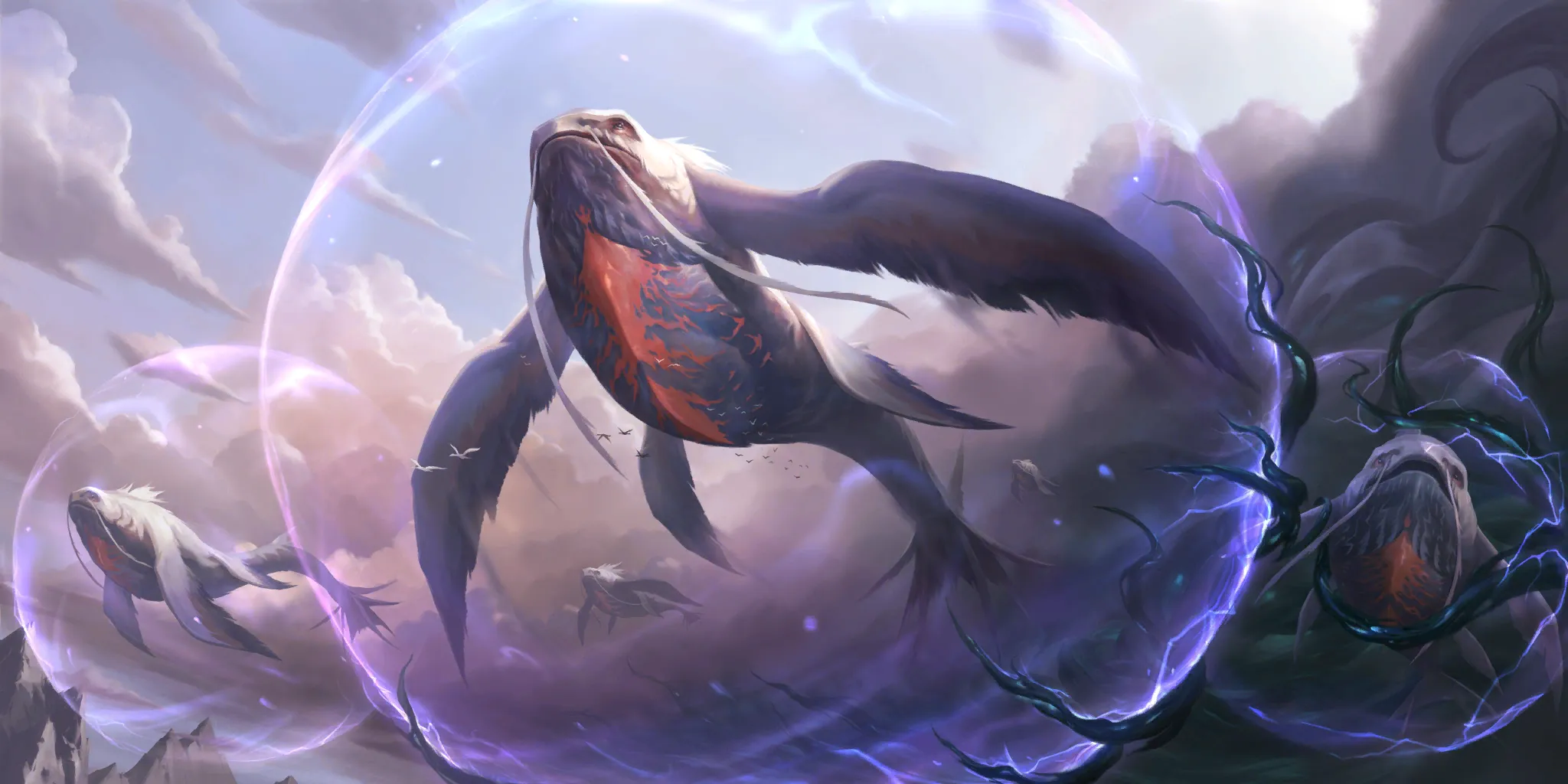











Zoe Lee Sin
Lee Sin is one of the best decks that can use Soft Passes to its advantage, compounded by Eye of the Dragon
is one of the best decks that can use Soft Passes to its advantage, compounded by Eye of the Dragon ’s ability to apply pressure the following turn, even if we only cast two spells to Soft Pass. If I play two spells and summon a Dragonling
’s ability to apply pressure the following turn, even if we only cast two spells to Soft Pass. If I play two spells and summon a Dragonling the next turn, the opponent is put into a position where they have to summon more units to go wider than my Dragonling
the next turn, the opponent is put into a position where they have to summon more units to go wider than my Dragonling board, or try to remove my Eye of the Dragon
board, or try to remove my Eye of the Dragon , which I can then play nice and reactively.
, which I can then play nice and reactively.
Another great example is Lee Sin . Once Lee Sin
. Once Lee Sin is leveled up, the ability to recall opposing units gives us a lot of reactivity. We can enable our Lee Sin
is leveled up, the ability to recall opposing units gives us a lot of reactivity. We can enable our Lee Sin kick, and then Pass – Now our opponent doesn’t want to develop a big unit in fear of getting it sent back to hand, which may make the turn extremely awkward. Note, that this feature is shared by any deck that utilizes Challenger or Vulnerable units.
kick, and then Pass – Now our opponent doesn’t want to develop a big unit in fear of getting it sent back to hand, which may make the turn extremely awkward. Note, that this feature is shared by any deck that utilizes Challenger or Vulnerable units.
Wrapping Up
If you’re looking to improve your game, Passing will be the mechanic you want to master – getting the practice and timing right is up to experience and repetition. I hope that this article has helped to strengthen your understanding of when you should pass, and may it help you find those moments in a real game. There’s plenty more to cover along the veins of Passing and Priority, so stay tuned and peace out.
Let me know if you have any questions! You can find me here:
Discord: Jasinsane #0246
Twitter: https://twitter.com/Jasensational
Twitch: https://twitch.tv/ja3en3ational


